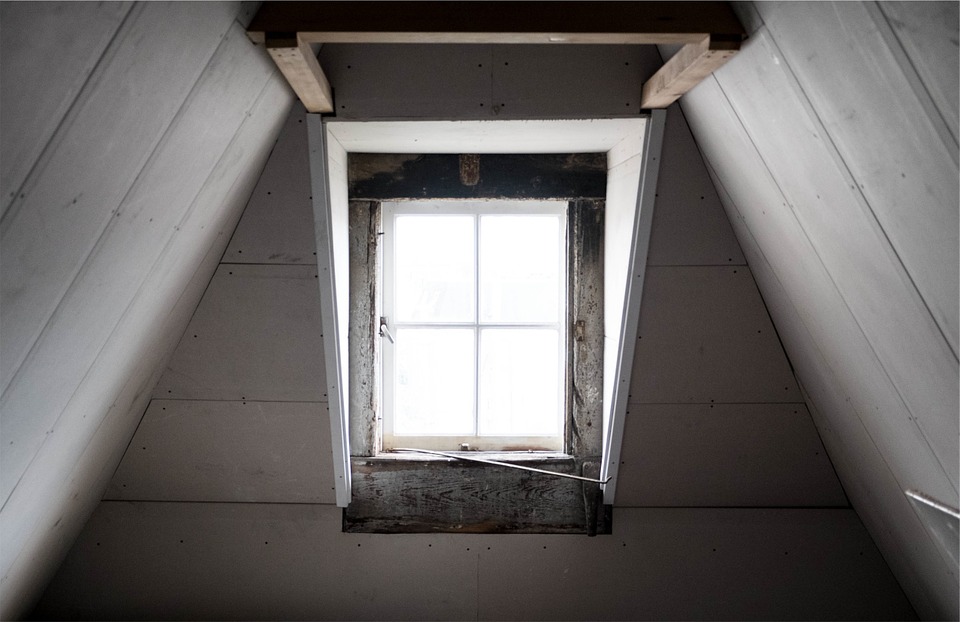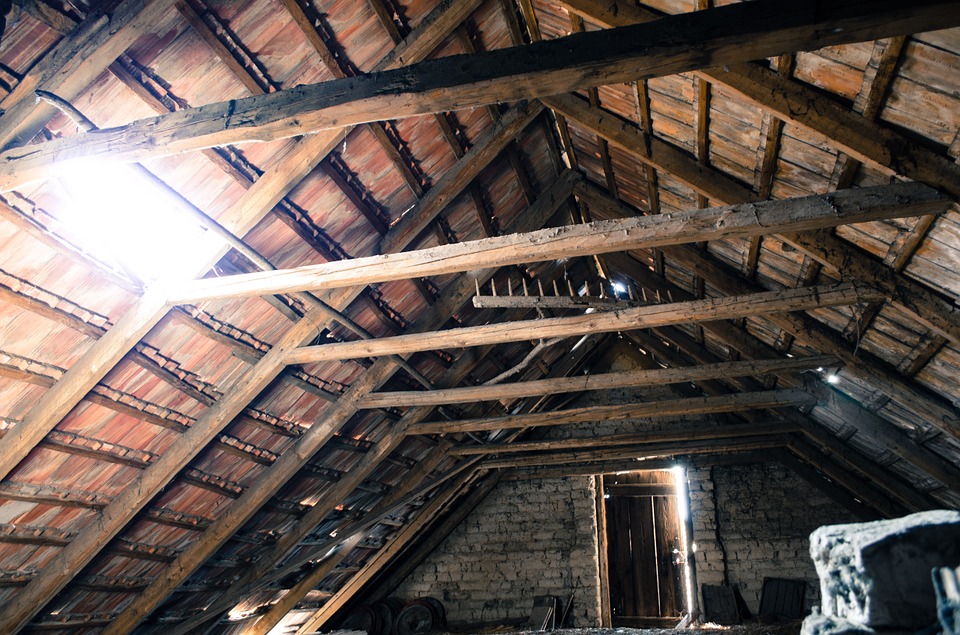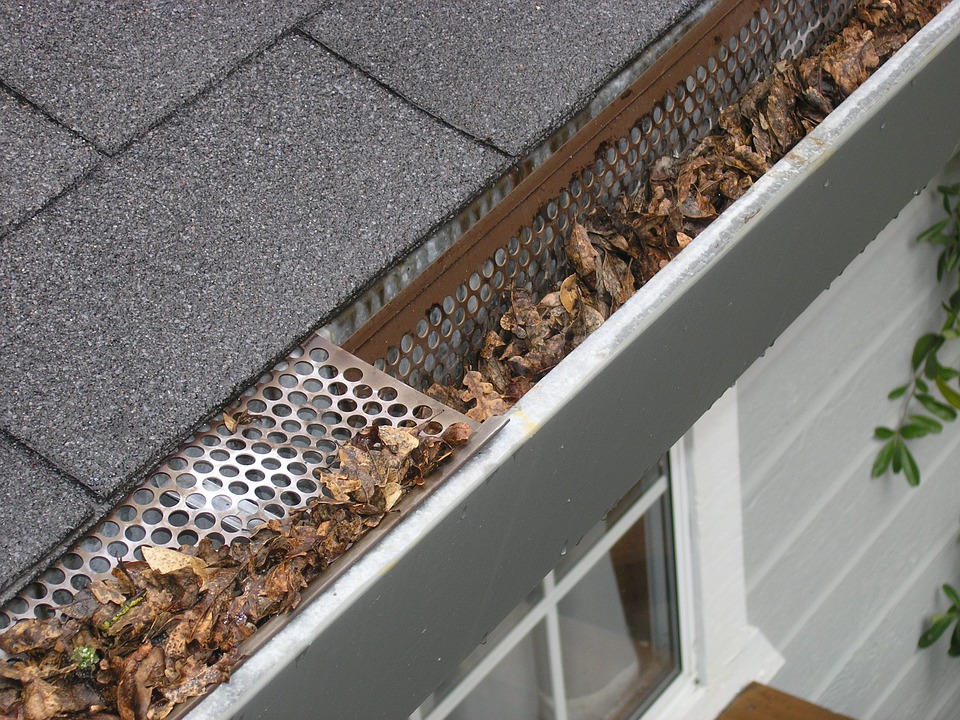
What to do when your attic leaks? Indeed many homeowners love the convenience that having an attic brings. It’s an ideal place to store the Christmas tree, knick-knacks, and childhood mementos…
Though as convenient as these roof spaces are, they are also susceptible to leaks. And when attic water damage occurs, it’s not contained to your attic. It can affect your entire home.
From dealing with soggy ceilings and flooded flooring to damaged possessions and leaking roofs, there’s a lot to manage when your attic leaks. So, what do you do?
In this article you will learn:
– How to find the cause of your attic leak
– Steps on how to fix your attic leak
– Managing attic mold from water damage
– How to prevent attic leaks
Determining the Cause of Your Attic Leak
To figure out what to do when your attic leaks, you first have to establish what caused it to leak. It can be a number of things. Once you know what caused it, you can then put steps in place to solve the problem and prevent it from happening in the future.
Roof Leak
House roofing is not made to last forever, as much as we wish it would. Sometimes, the materials degrade to the point where they allow moisture and rainfall to flow through.
Other times, cold temperatures in winter cause ice dams to form, which allow melting snow to leak under shingles.
When a roof leak happens, you don’t always immediately know about it. Water can begin to leak into your attic space, and it can do a considerable amount of damage before it makes its way through the attic and into the main living spaces of your home.
Some of the most common signs of a roof leak in the attic include:
– Mold growth below roof valleys
– Moisture under attic vents
– Discolored attic ceiling materials
– Damp walls by downspouts and gutters
Pipe Leak
While an attic roof leak is one of the most common causes of moisture in your attic, it’s not the only potential problem. Broken water pipes can also lead to significant attic damage.
Look out for common signs of a pipe leak, such as:
– Water stains on the attic flooring
– Stains surrounding ceiling light fixtures downstairs
– Attic pipe corrosion and rust
Attic Condensation
While air conditioning units provide a lot of convenience in everyday life, they can also cause significant stress – especially when they leak. The earlier you notice the problem, the less damage your air-con can do.
Look for:
– Musty odors
– Attic humidity
– Damp attic flooring and walls
– Curved or buckled ceiling materials
Steps to Take Care of an Attic Leak
When you discover a leak in your attic, you may not immediately know what to do. And why would you? They don’t happen every day. Fortunately, we’ve included some of the best steps to take to combat a leaky attic below.
Step 1: Discover the leak source
Have you got a roof leak, a pipe leak, or an air conditioning problem? There are definitely ways to tell the difference.
A roof leak typically leaves water trails on overhead joists. Track these upwards to identify where the water is coming in.
Burst pipes usually leak from the source, so they can be easy enough to see.
If you’re not sure, bring in the water damage experts who can identify the leak source for you.
Step 2: Start the cleanup
After an attic leak, you’ll probably be faced with a lot of soggy possessions. It’s imperative to get these out to start the drying process and reduce the risk of mold formation.
However, it’s essential to go about the cleanup process with great care.
Both support joists and flooring can be weakened with moisture. Delicately remove your stored belongings and clean any standing water.
Once you’ve emptied out the attic, identify mold growth, wet or damp insulation, and rotted wood. These will all need to be taken care of.
Step 3: Make repairs
Not only will you need to repair things that were damaged as a result of the attic leak, but the cause of the attic leak itself.
A water damage and restoration company will be able to help you identify and fix the problem.
Also, an HVAC technician may also be required for handing repairs or replacement of your air conditioning unit. While some tasks like cleaning can be easy enough to do yourself, some jobs will require an expert’s helping hand.
Managing Mold After an Attic Leak
If it wasn’t bad enough that you’ve got to deal with water damage, you’ve also sometimes got to deal with mold. Mold thrives in moist environments, which means if you’ve got moisture, mold is soon to follow.
Suppose you didn’t discover your attic leak straight away. In that case, you might find yourself with mold in your insulation, stored possessions, wood joists, and even the ductwork.
Mold removal is not something you can manage on your own. Instead, you need to call in the experts.
But why? Mold is sneaky. The spores can spread at a rapid pace, and a small problem can quickly turn into a large one.
Mold spores can also cause a wide range of illnesses, depending on the type of mold you have in your home.
You may notice that members of your household are suffering from nasal congestion, sneezing, wheezing, asthma, a runny nose, itching, watery eyes, and more.
The more hazardous the mold, the more severe the symptoms can be.
Mold removal experts can come in, remove the mold-contaminated materials, and clean up any mold left behind.
How to Prevent Leaks in the Attic
Given how complicated it can be to clean and restore an attic that has leaked, you will quickly realize that prevention is the best option. Prevent a leak, and prevent all the chaos that tends to follow!
We’ve included a few helpful tips on how to prevent attic leaks below, such as:
– Regularly check your roof for damaged flashing and loose shingles
– Keep attic vents clear of blockages
– Clean out gutters and downspouts regularly
– Install vapor barriers to combat condensation
– Vent appliance exhausts outside, not into your attic
– Perform regular HVAC maintenance to prevent HVAC problems
If you have any questions about what to do when your attic leaks or need help removing mold from your attic feel free to call us any time at 1-833-WE-DRY-IT or float us a note in near real-time on our Facebook fan page.





